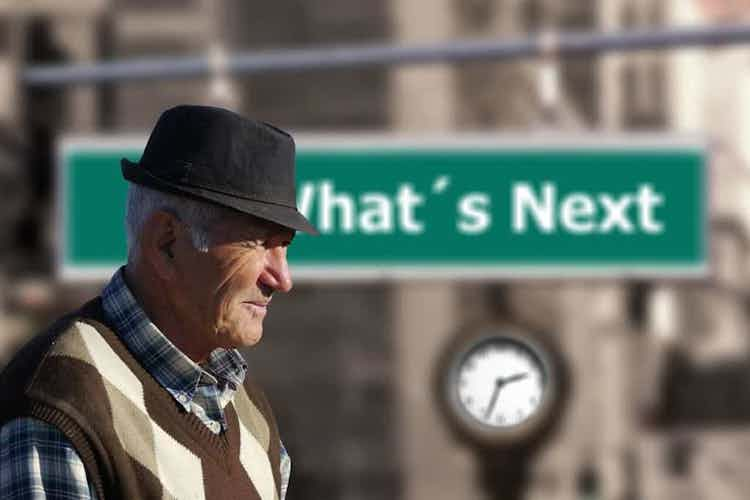Many people automatically assume your pension expires when you die. What happens to your pension when you die will depend upon the type of pension you have, how old you are when you die, and how you initially set it up.
Maximise your retirement fund with our panel of pension providers. Click on your chosen provider to get started!
Pension tracing service
Before we discuss pension savings in more detail, it is worth mentioning the existence of the pension tracing service. There may well be occasions where the deceased had a personal pension and various employment pension schemes. It can sometimes be difficult to trace these pension plans and unlock the benefits. The Government’s website offers guidance on pension tracing. However, you will still need the name of an employer or pension provider to use the service.
Different types of pension to consider
When we talk of pension savings, we tend to think of personal pensions and workplace pensions. Some people may also need to address the subject of state pensions as they may be eligible for additional payments.
What happens to my state pension when I die?
Many people assume that national insurance paid over many years goes aside to cover their state pension. It is not as simple as that. National insurance payments made today are funding state pensions today. As such, national insurance payments made tomorrow will fund state pensions tomorrow. There is no state pension fund pot as such. However, there may be scenarios where you are eligible for extra payments from your spouse/civil partner's state pension, depending on:
- Level of national insurance contributions
- Your age
You will find further information regarding eligibility on the Government’s website.
There may even be situations where you might be able to secure an increase in your state pension when your spouse is alive. The above link will give you all of the information you require.
What happens to my personal pension when I die?
There are two different types of pension scheme, defined contributions and defined benefits. All personal pension funds will be defined contributions - otherwise known as money purchase schemes. This means there is no link between the pension income provided and the individual’s previous working salary. Additionally, there are two options when drawing income from a personal pension:
- Purchase an annuity to provide a monthly income
- Drawdown funds directly from your pension scheme
When eligible to receive payments from your pension scheme you will also be able to take a tax-free lump sum, currently 25%. Any additional withdrawals above the tax-free lump sum limit are subject to tax at your usual rate.
Upon death, how your pension funds are treated for taxation will depend on age and scheme particulars.
If you die before age 75:
- Funds remaining within the pension scheme would continue to grow free of taxation.
- Retained funds previously withdrawn from the pension scheme are classed as part of your estate.
- Non-guaranteed single life annuity payments would cease upon your death.
- Guaranteed period single life annuity payments would continue tax-free (usually between five and ten years).
- Joint life annuity payments would continue tax-free for the survivor, on a reduced rate.
- Flexi access drawdown pension payments within two years of death would be tax-free.
- Flexi drawdown payments taken more than two years after death may be susceptible to taxation.
If you die aged 75 or over:
- Single life annuity payments would cease unless there was a guaranteed period.
- Single life annuity payments within a guaranteed period would be susceptible to income tax.
- Joint annuity payments would continue on a revised basis with income tax applicable.
- Lump-sum withdrawals or drawdowns from a flexi access pension scheme would be taxed in the usual manner.
As you can see from the above examples, you should set up your pension in a manner which reflects your situation. The setup, ongoing changes and beneficiary arrangements should be decided in conjunction with your financial adviser.
What happens to my workplace pension when I die?
While the majority of workplace pension schemes today are defined contribution, as opposed to defined benefits, this is not always the case. The situation regarding workplace pension scheme entitlement is more straightforward in the event of death.
If you die before retirement:
- Lump-sum payment up to 4 times (can be more in some cases) your working salary.
- The lump-sum payment is paid directly to the beneficiary and does not form part of your estate.
- Any lump-sum payment would be free of taxation if you died under the age of 75.
- Some workplace pensions will also pay what is known as a survivor's pension to the deceased's spouse, civil partner or other dependents.
If you die post-retirement:
- Upon your death, a reduced pension will be paid to your spouse, civil partner or other dependents.
It is imperative to enquire about the specific setup of a workplace pension to see whether any other benefits are available.







